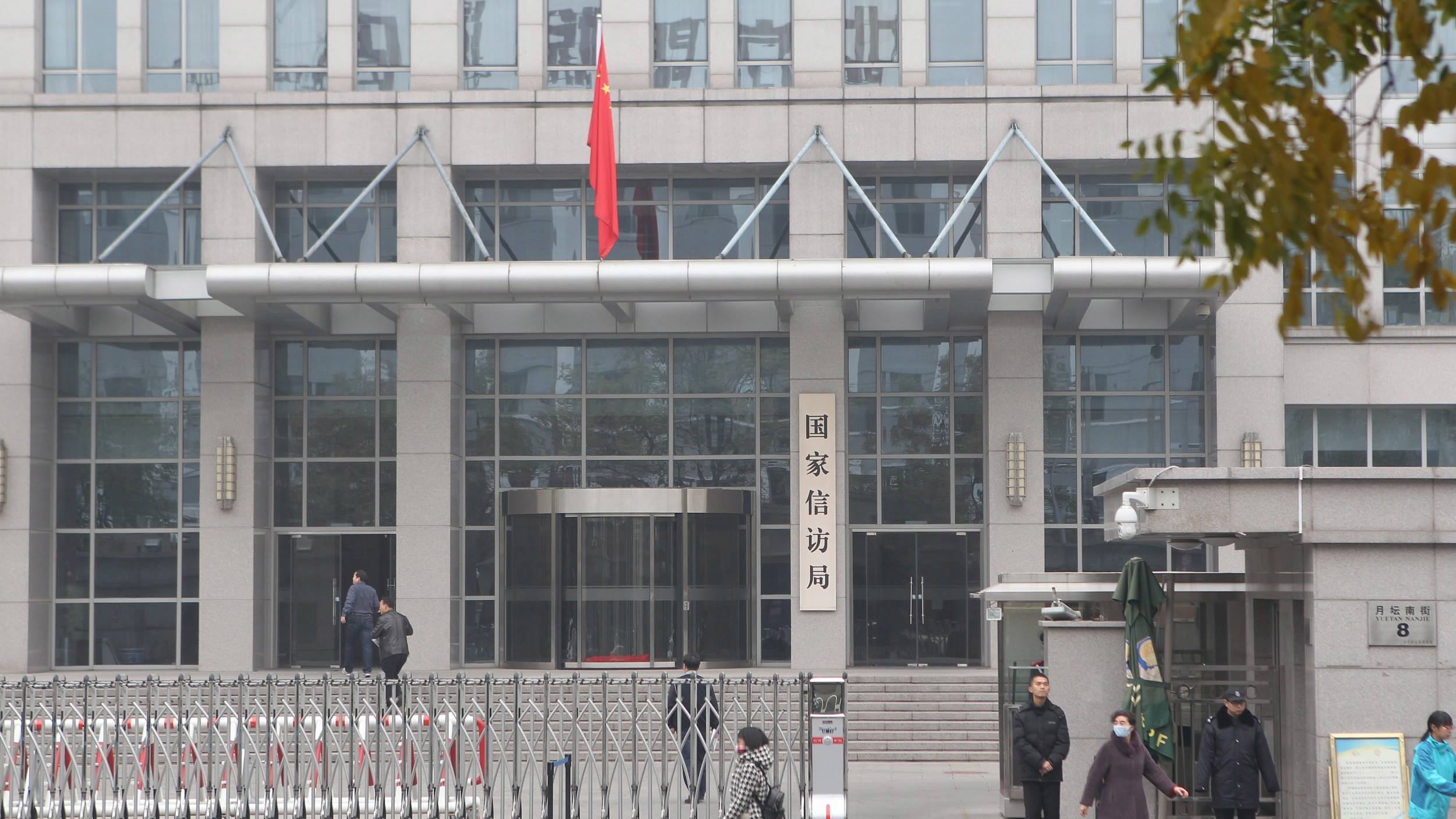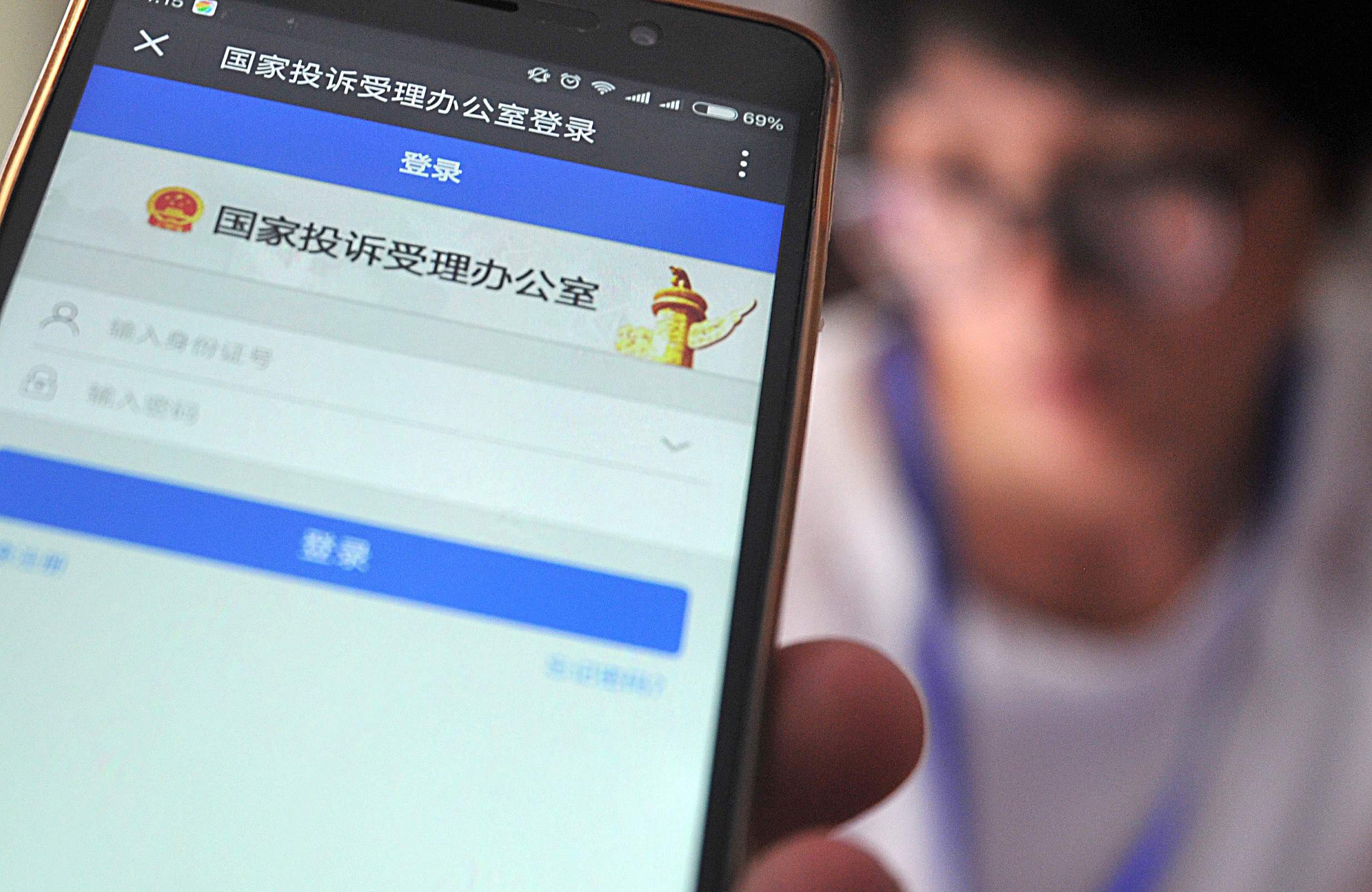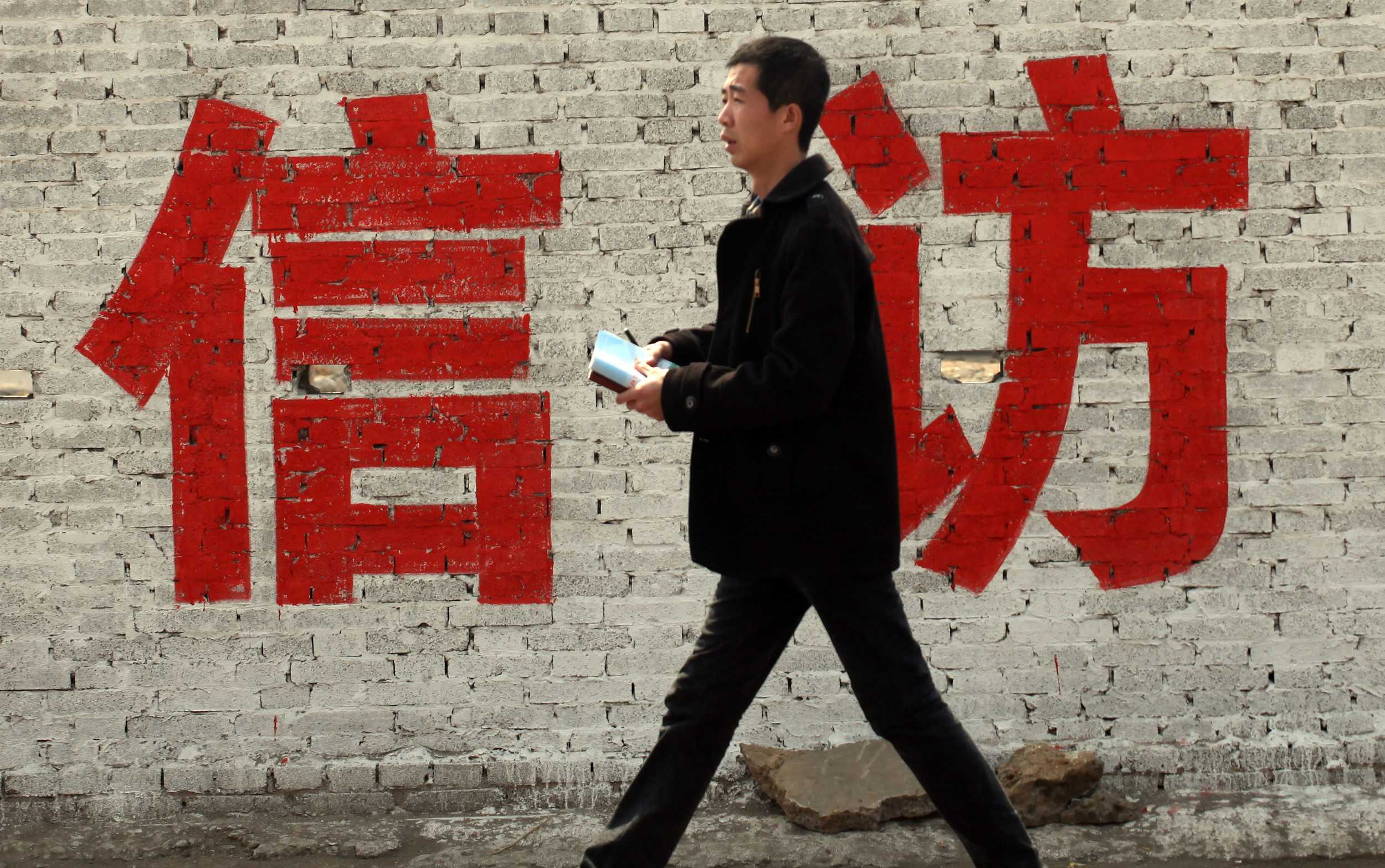
Politics
23:08, 19-Jul-2017
Xi urges officials to improve system of solving public grievances

Chinese President Xi Jinping on Wednesday has urged officials to make "every possible effort" to solve public grievances, saying that officials must treat the handling of public petitions as important work to keeping abreast of public events, pooling people's wisdom, protecting the public interest and improving social solidarity.
Xi Jinping made the remarks in a written instruction conveyed to the eighth national conference on petition work, which was held in Beijing on July 18-19.
Known as "letters and calls", petitioning is the administrative system for hearing public complaints and grievances. The system, which dates back to 1950s, has played a major role in public supervision over Party and state organs.

Bureau of Letters and Calls in Zhengzhou, Henan Province. /VCG Photo
Bureau of Letters and Calls in Zhengzhou, Henan Province. /VCG Photo
Through "letters and calls", public are able to resolve injustices in land acquisition, social security, education, healthcare and environmental protection.
As "letters and calls" is not only a legal right granted by the law but also a method of legal remedy that is explicitly stated in the law, Chinese people have long trusted this system to appeal for injustices and grievances.
The father of Ms Zou, a resident in eastern China's city of Yantai, got disabled while constructing a reservoir and was not able to get the government's compensations for a long time.
Ms Zou tried the online petitioning to the local government. In an unexpectedly short period of time, the local Bureau for Letters and Calls offered help to her father and resolved the problem.

The online system of handling petition cases. /VCG Photo
The online system of handling petition cases. /VCG Photo
Ms Zou's case is a reflection of "sunshine petition", which is one of the reforms started in 2014 enabling the public to query, trace, supervise and assess the petitioning process, ensuring justice and transparency during the process.
It also expanded its petition channels online to better redress public grievances. The number of petitions lodged via the Internet last year was more than double that of the previous year, Shu Xiaoqin, head of the State Bureau for Letters and Calls, told reporters during this year's two sessions.
Under the same reform started in 2014, China has also called for rule of law and officials being responsible in handling petition cases.

A man passing by a sign reads "letters and calls". /VCG Photo
A man passing by a sign reads "letters and calls". /VCG Photo
Speaking highly of petition work in recent years in the written instruction, President Xi said those handling petitions have helped solve large numbers of problems concerning the immediate interests of the people and played an important role in safeguarding the country's reform, development and stability.
Out of a backlog of 74,000 petition cases reported in China, 92.3% were resolved as of September 2016.
In order to build a strong grassroots system, officials were asked to handle people's appeals in a lawful and timely way and to address the root causes of issues in the local areas.
The construction of the legal institutions and related system for addressing public petitions should be improved, Xi said in the written instruction, calling for efforts to make petition work more forward-looking, systematic and targeted.
At the two-day event, model individuals and units were awarded for their contribution to the work and certificates of merit were granted to those who had handled petitions for more than 25 years.

SITEMAP
Copyright © 2018 CGTN. Beijing ICP prepared NO.16065310-3
Copyright © 2018 CGTN. Beijing ICP prepared NO.16065310-3